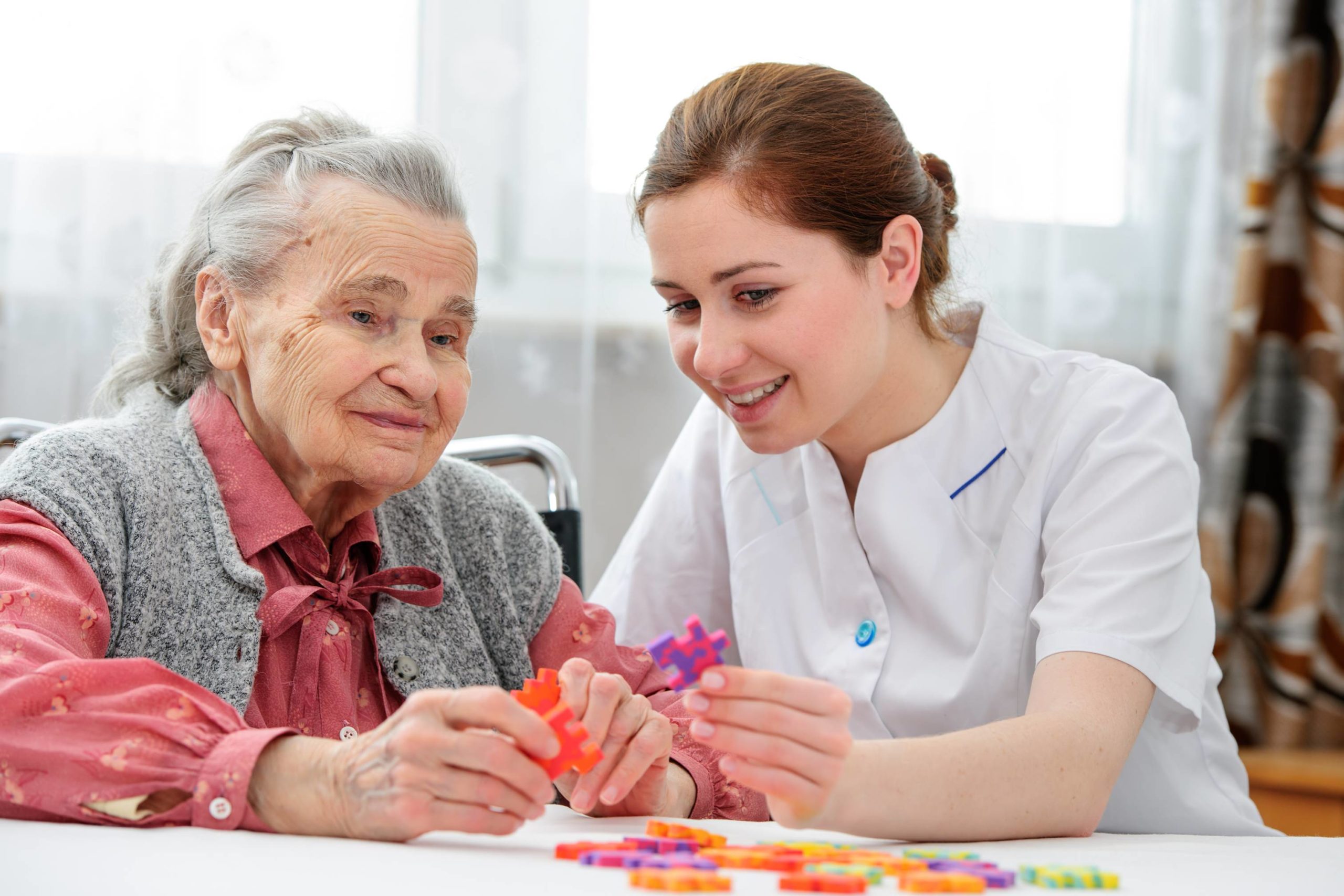High Quality Memory Care Facility Charlotte: Where Empathy Meets Professional Expertise
High Quality Memory Care Facility Charlotte: Where Empathy Meets Professional Expertise
Blog Article
Just How to Offer Personalized and purposeful Mental deterioration Treatment
The stipulation of individualized and meaningful mental deterioration care needs a nuanced understanding of each person's unique background and choices. Treatment approaches have to be customized to involve the individual in methods that resonate with their previous experiences, therefore fostering psychological links and improving overall well-being.
Comprehending Dementia Originality

Treatment providers need to examine cognitive capacities, psychological states, and behavior patterns to create customized treatment plans. This might consist of adapting interaction styles, employing acquainted routines, and using purposeful activities that reverberate with the person's previous experiences. Engaging a person with a passion for music through music tasks might stimulate positive memories and boost psychological health.
Moreover, recognizing originality promotes a compassionate technique that respects the self-respect and autonomy of those dealing with dementia. It motivates caretakers to pay attention actively, observe behavioral cues, and stay adaptable in their caregiving techniques (charlotte care home). By prioritizing originality, caretakers can not just boost the quality of life for those with dementia however likewise develop an extra extensive understanding of their distinct point of views, ultimately leading to a lot more compassionate and efficient care
Building Trust and Rapport
Developing trust and connection is essential in dementia treatment, as it creates a encouraging and risk-free environment for people affected by the problem. Building these connections requires regular, caring communications that prioritize the needs and sensations of the individual. Caregivers need to approach communications with empathy, acknowledging the unique difficulties dealt with by those with dementia, including amnesia, complication, and emotional distress.
Effective communication is important in this procedure. Caregivers need to use clear, straightforward language and non-verbal hints to share understanding and support. Energetic listening shows respect and recognition, permitting people to express themselves without anxiety of judgment. Additionally, keeping a tranquil behavior can aid minimize stress and anxiety, promoting a complacency.
Knowledge with everyday tasks and caregivers advertises a feeling of stability, making it possible for individuals to feel more at convenience. By doing so, caregivers reinforce the person's identity, advertising dignity and regard, ultimately leading to stronger, much more significant relationships in the context of dementia treatment.
Tailoring Activities and Engagement
Engaging individuals with dementia through tailored tasks can considerably improve their lifestyle and cultivate a deeper link between caregivers and those in their care. Personalization is essential, as it acknowledges the special histories, interests, and capabilities of each person. Tasks should be created to boost cognitive features, promote physical movement, and encourage social interaction, all while staying pleasurable and fulfilling.
To tailor tasks successfully, it is essential to assess the person's choices and cognitive capabilities. Furthermore, incorporating aspects of regimen can use comfort and stability, permitting individuals to engage with tasks extra confidently.
Caretakers can improve involvement by getting involved together with the people, fostering a encouraging and interactive environment. It is likewise vital to remain adaptable and flexible, readjusting activities as needed based upon the person's power levels and mood. Eventually, significant involvement via customized activities not just boosts people with mental deterioration yet also enhances the caretaker partnership, advertising shared pleasure and understanding.
Efficient Interaction Techniques
Effective interaction is vital in mental deterioration treatment, as it cultivates a feeling of link and understanding in between people and caregivers experiencing cognitive decline. Employing effective interaction strategies can significantly enhance the quality of communications and reduce disappointment for both parties.
Firstly, using straightforward, clear language is vital. Familiar words and short sentences help individuals understand and respond much better. Additionally, keeping a calm and favorable tone can produce a comforting setting, which is crucial for people who his explanation may really feel overwhelmed or anxious.
Non-verbal communication plays a significant function too. Caregivers ought to focus on body language, facial expressions, and motions, as these cues can usually communicate greater than words - dementia care charlotte. Establishing eye contact and utilizing mild touch can likewise enhance connections and share empathy
Energetic listening is one more crucial element. Caretakers should be attentive, enabling people to express themselves completely, also if their speech is fragmented or vague. This reveals respect and urges extra open communication.
Lastly, validating experiences and feelings is crucial. Recognizing feelings, despite their basis in fact, can offer comfort and strengthen the caregiver-individual partnership, promoting an extra helpful atmosphere.
Sustaining Family Participation
Household participation plays a substantial duty in the total care and assistance of individuals with dementia. Engaging relative creates a collaborative environment that improves the quality of care, cultivates emotional links, and guarantees that the one-of-a-kind demands of the individual are met. Household participants usually have invaluable understandings into the person's background, preferences, and actions, which can be crucial in establishing individualized treatment approaches.

Moreover, relative can be urged to take part in daily care activities, such as taking part in purposeful discussions or assisting with familiar routines. This not just aids receive the person's sense of identity yet additionally enhances familial bonds. Inevitably, by fostering a comprehensive method that values household payments, care carriers can enhance the total experience for both people with dementia and their liked ones.
Verdict
In verdict, supplying significant and individualized mental deterioration treatment demands a thorough understanding of each individual's distinct background and preferences. Developing count on and rapport with thoughtful interactions is important for creating a safe setting. Customizing activities to resonate with individual interests improves emotional health and advertises dignity. Efficient interaction techniques further sustain this process, while actively entailing member of the family enhances the caregiving experience and fosters deeper connections. Jointly, these strategies add to boosted quality of life for individuals with dementia.
The arrangement of meaningful and customized dementia treatment calls for a nuanced understanding of each person's one-of-a-kind read review history and preferences. By doing so, caregivers strengthen the individual's identity, promoting self-respect and respect, inevitably leading to more powerful, extra significant relationships in the context of dementia treatment.
Involving people with dementia through customized tasks can substantially news enhance their high quality of life and promote a deeper connection between caretakers and those in their treatment.Family members participation plays a considerable role in the overall care and assistance of people with dementia. Inevitably, by fostering an inclusive method that values household contributions, treatment carriers can boost the total experience for both people with mental deterioration and their loved ones.
Report this page